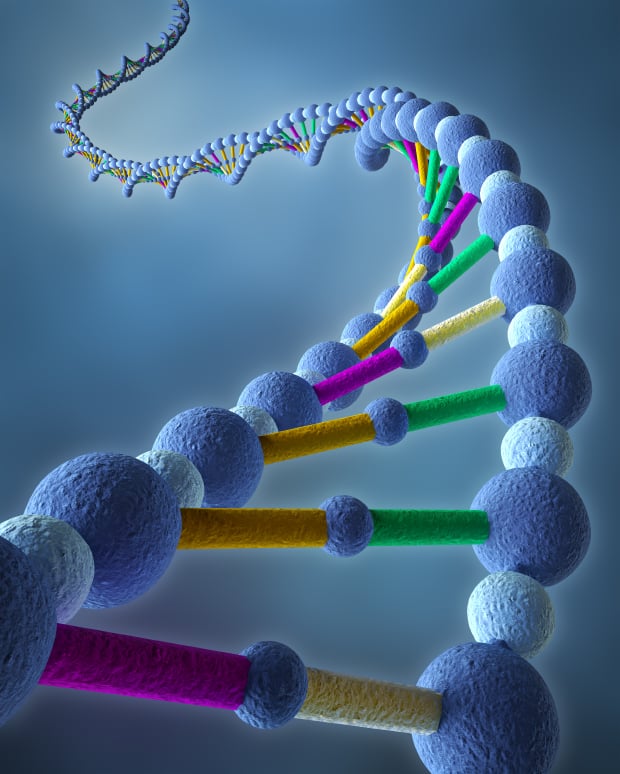Vitamin D is critical to health
Winter season is an important time to think about your (and your child's) vitamin D levels because vitamin D deficiency is especially prevalent during this time of the year.
Vitamin D is a crucial nutrient for your health at every age. In fact, the illnesses associated with vitamin D deficiency are numerous. Consider the following recent studies:
- Vitamin D deficiency is associated with greater cancer risk.
- Vitamin D has been shown to be an effective treatment for psoriasis.
- Vitamin D supplementation reduces incidence of autoimmune diseases, specifically multiple sclerosis and type 1 diabetes (when taken during infancy).
- Vitamin D deficiency is associated with increased incidence and severity of asthma and wheezing disorders.
- Vitamin D enhances the immune response and provides protection against upper respiratory infections, influenza, and middle ear infections.
- Vitamin D deficiency affects the cardiovascular system. Deficiency of vitamin D increases the risk for heart attack, hypertension, peripheral vascular disease, metabolic syndrome, coronary artery disease, and heart failure.
Vitamin D deficiency is very common
Given the importance of Vitamin D to the function of so many different bodily systems, we need to ensure that our levels are within a healthy range. The recommended blood level for vitamin D is 30 to 80, but rarely do we find a patient in the healthy range.
Here are 3 ways to optimize your vitamin D level:
Outdoor Time: First of all, vitamin D is a misnomer. It’s not a vitamin, but actually a hormone that is produced in your own body. Vitamin D production requires sunlight. So inadequate exposure to the sun, which occurs frequently in our indoor-prone, sedentary society, is a big factor in vitamin D deficiency. The best way to improve your vitamin D level is to make it yourself.
Just ten to fifteen minutes of sunlight exposure can generate 10,000 to 20,000 international units (IU) of vitamin D. (People with darker skin may require five to ten times that length of time for the same resulting levels.) Make sure that you avoid excessive sun intensity resulting in sunburn.
.png?width=305&height=132&name=NIHAlogoBLUE_3_transparent%20(2).png)







